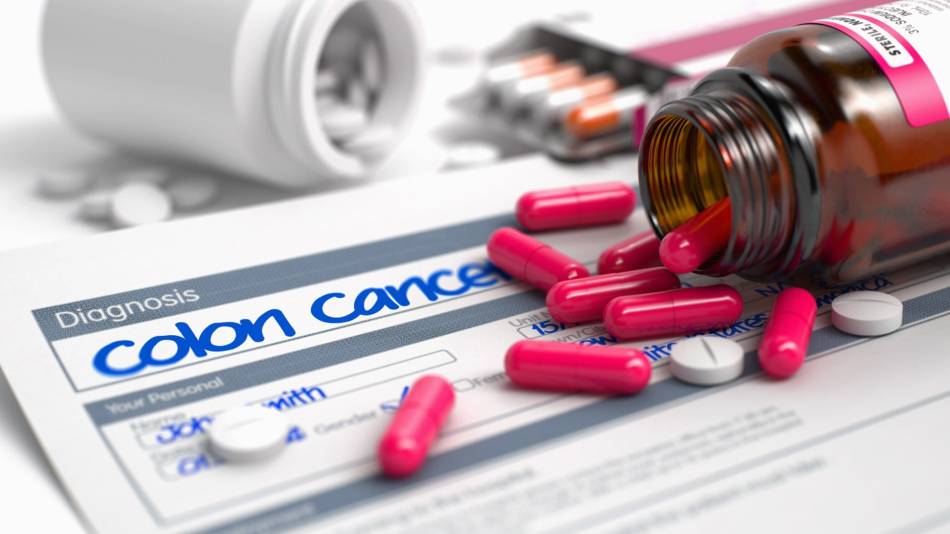
Answer:
There is good evidence that getting adequate folate and fiber from foods and supplements can reduce the risk of developing colorectal cancer. (Listen to ConsumerLab.com's Fiber Supplements Webinar for more on fiber and colon health).
In people with low blood levels of selenium, selenium supplements have been found to reduce the risk of colon cancer, and in people who smoke, taking curcumin can reduce early changes in the colon that can lead to cancer.
Maintaining higher levels of vitamin D in the body -- which can be achieved through exposure to sunlight or obtained from foods and supplements -- is associated with a reduced risk of developing colorectal cancer.
Although preliminary research had suggested that calcium supplements might reduce the risk of colon polyps or colon cancer, large clinical trials failed to show a benefit with high doses.
Intake of omega-3 fatty acids EPA and DHA from fish and/or fish oil supplements is associated with a lower risk of death from colorectal cancer. However, it may interfere with chemotherapy.
Observational studies have also found an association between higher olive oil intake and a reduced risk of colorectal cancer.
Green tea extract has been shown to reduce the recurrence of polyps, which can sometimes turn into colon cancer.
Observational studies suggest that regular yogurt consumption is associated with a reduced risk of colorectal polyps and colorectal cancer, particularly in men.
Although a high dietary intake of CLA (conjugated linoleic acid) from high-fat dairy foods has been associated with a reduction of colorectal cancer by up to 39% in women, it is not known if taking CLA supplements has this potential benefit.
For more information about each of these supplements, use the links above.
Interestingly, regular use of aspirin may either reduce or increase the risk of colorectal cancer depending on the age at which aspirin use is initiated. For details, sign in as a ConsumerLab member.
Join today to unlock all member benefits including full access to all CL Answers and over 1,400 reviews.
Join NowAlready a member? Sign In Here.
Join now at www.consumerlab.com/join/

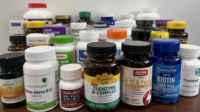
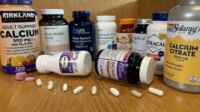




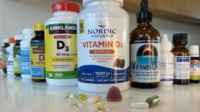




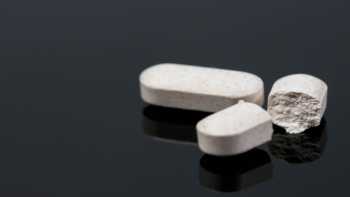












Submit your comment
This feature is restricted to active members.
Join now to add comments and get all member benefits, including over 1,400 reviews.
Join NowAlready a member? Sign in here.